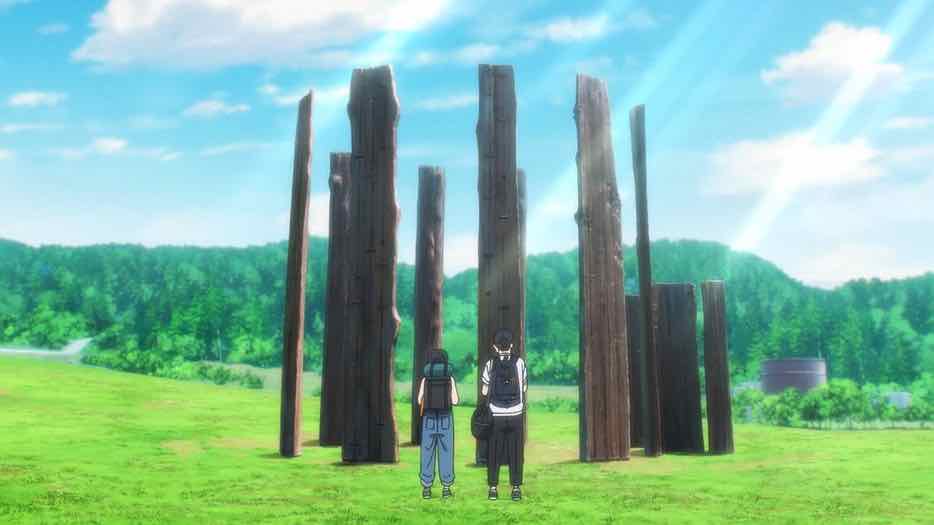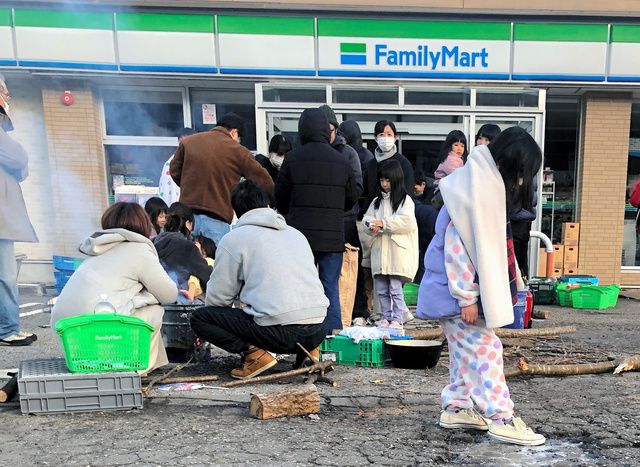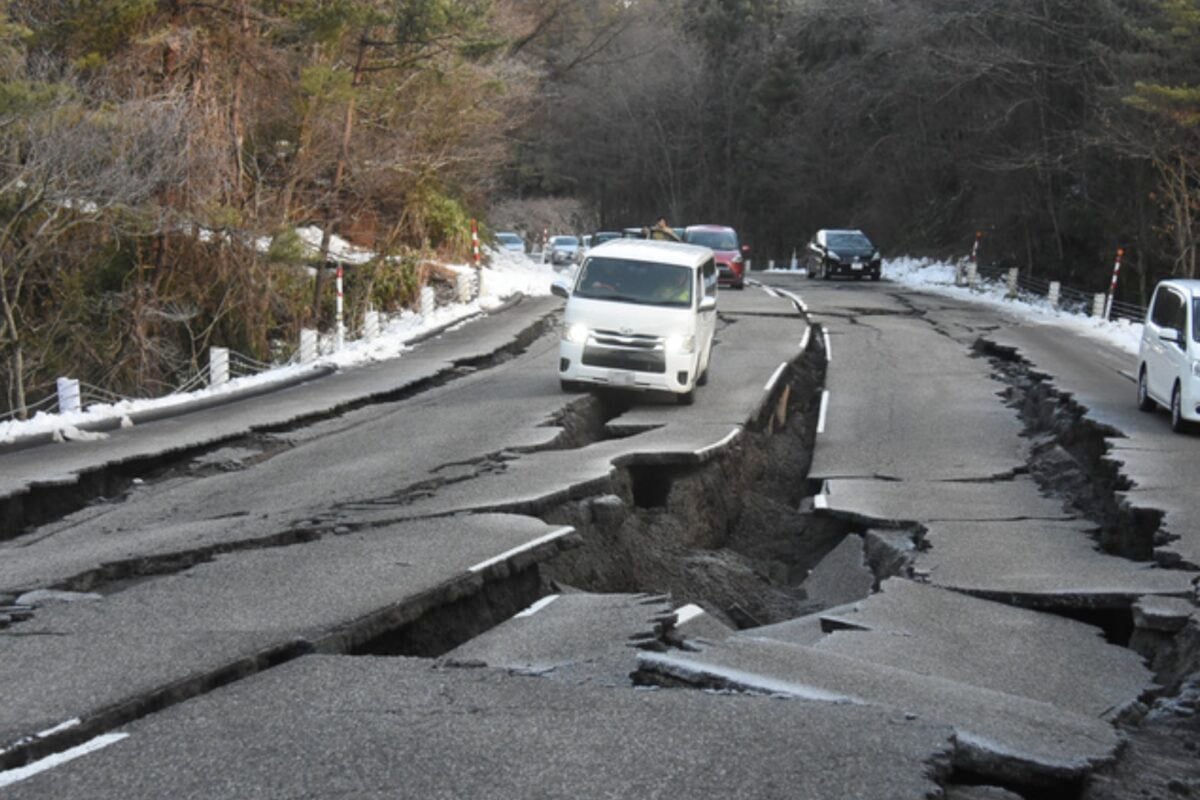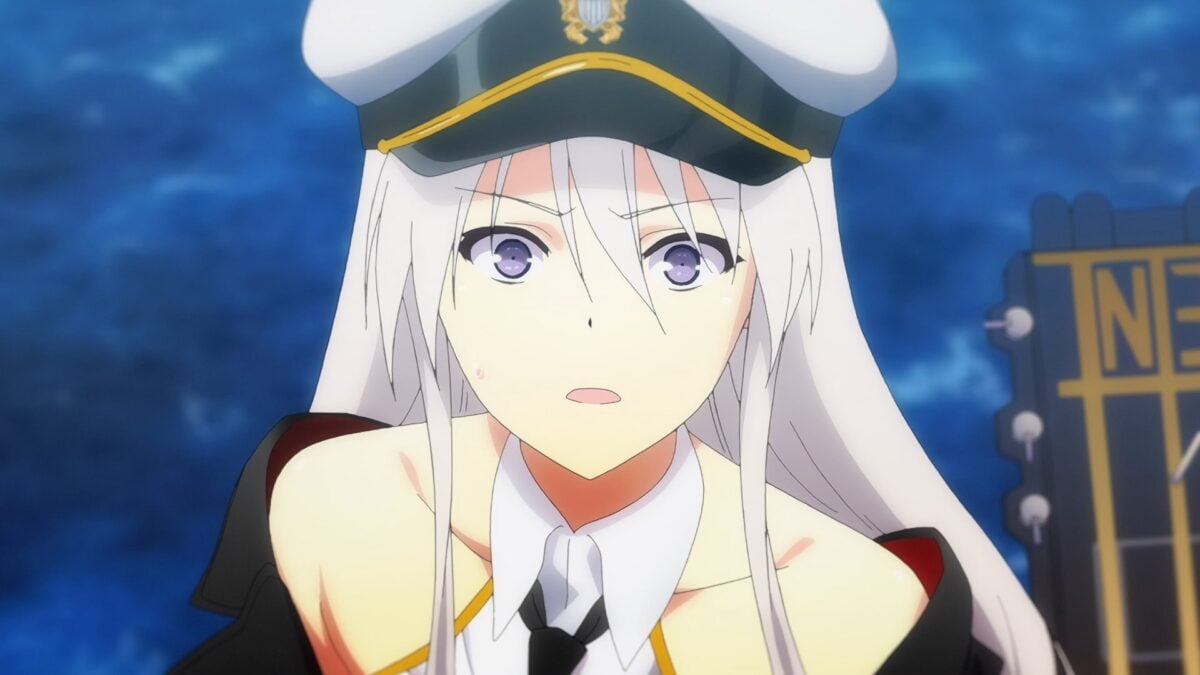Happy New Year to everyone. 2024 got off to a sad start when a 7.6 magnitude earthquake hit off the Sea of Japan. It caused massive damage to homes and roads, and several large fires. Let’s look at what happens when a terrible disaster strikes Japan.
The earthquake hit at 4:10 pm, prompting a tsunami warning for the prefectures along the Sea of Japan side of the country. Several fires broke out, including one in Wajima City, famous for traditional lacquerware, which burned down more than 100 homes. Fortunately the incoming waves largely did not overwhelm Japan’s coastal barriers, avoiding the massive tsunami damage that we saw in 2011. Currently, the number of deaths is currently reported as 15 48, a number likely to rise in the future as more victims are found.
Because it’s 2024, we can all experience events like this earthquake in ways that would have been unthinkable in the past. Here’s a Twitch streamer who caught the quake live on her stream.
Japan is a Country With Many Disasters
Formed by the Pacific Ring of Fire, Japan naturally has more than its share of natural disasters. Although the country experiences 40-50 tremors a day, most are so small no one notices them. In practice, we only get one quake per week that’s big enough for us to notice or comment on.
In addition, there are 111 active volcanoes in the country, and every few years Mt. Asama, the largest volcano in the Kanto Area, will remind us of its power by erupting. While I love soaking in a natural hot spring bath, sometimes we have to pay the price.
Major Earthquakes in Japan are Frozen in Our Minds Forever
I’ll never forget when the earth started shaking uncontrollably during the huge earthquake on March 11, 2011, at 2:46 pm. Or when my wife called me to tell me that there had been a huge earthquake in the Kobe region of Japan. Those moments are frozen in time for anyone with a strong connection in Japan.
When the quake hit yesterday, I was downstairs helping Mrs. J-List repaper some shouji doors that our cats love to scratch at. Suddenly our phones started beeping warnings. The shaking started, but it wasn’t strong enough for me to feel while standing. When I sat down, though, I could really feel the floor shaking.
Whenever a disaster strikes Japan, everyone turns on NHK and starts to watch coverage of the disaster, as video images and information updates start to flood in. I’m not sure if people in the UK have a warm, fuzzy feeling when watching BBC coverage of world events, but there’s definitely something reassuring about watching NHK after a disaster.
Anyone living in Japan is also inundated with messages from family abroad asking if we’re okay, even though we might be thousands of miles from the affected area.
All Celebrations Cancelled
New Year’s Day is the most important day of the Japanese year, as everyone congratulates each other on entering a new year. But the festive spirit has been brought to a screeching halt with images of flattened homes and ripped-up roads. The Emperor had been about to give his New Year’s celebratory speech before the quake happened, but it was quickly canceled.
And since the earthquake occurred on January 1st, people will remember the anniversary of the disaster every year for years.
The financial fallout from the earthquake isn’t limited to people in the affected areas whose homes were damaged or destroyed. Because the earthquake happened smack in the middle of the lucrative New Year’s television period, many popular programs have been replaced with news coverage of the disaster. All advertising is halted in the days after a tragedy. That’s because no company wants to be seen as profiting from the sadness of others. This causes problems for many companies.
This issue affects anime, too. Whenever anime studios experience cancellations or delays in episodes, such as the case with Madoka Magica and numerous other series in 2011, they stop receiving payments. This can play havoc with companies who need to pay their animators.
An Anime Holy Land


You’ve been to Ishikawa Prefecture and the Noto Peninsula, vicariously, through last year’s Insomniacs in Love anime. In one episode, Nakami and Magari escape to photograph the Mawaki Archeological Site, where archeologists discovered 4,000-year-old Jomon Era pottery. It’s a really nice region of Japan, and I hope to visit again in the future.
An Unfortunate Reaction…
Sometimes I hate the Internet and social media for showing us the dark inner workings of some peoples’ hearts. I read a tweet from an EU citizen married to a woman from an Asian country, a country that received bad treatment from the Japanese during World War II. The wife expressed happiness that Japan was experiencing a disaster because of the bad things Japan did to their country, in the past. The European husband expressed confusion about how such thoughts could be possible, and whether his wife’s reaction was a result of distorted education and negative reinforcement by social media.
This is an unfortunate reaction, and one that I think we should reflect on. No one living in Japan today is responsible for any acts by the country 90+ years ago. I can certainly say that I’ve never seen Japanese people cheering when any other country experienced a disaster like this. No matter what happened in the past. I think we should all strive to be “adults” like the Japanese are. Let’s have empathy for all other people at difficult times like this.
Thanks for reading my thoughts on earthquakes in Japan, and what happens whenever Japan experiences a big disaster. Please post your thoughts in the comments, below!
Also, be sure to follow J-List on these platforms!
- Twitter/X, where Peter posts anime booba for you
- Facebook, where we share memes and discuss anime
- Instagram, where you can look at sterilized anime memes because it’s Instagram
- Discord, if you want to chat with other J-List customers of culture
- Finally, check out J-List’s short video blogs on YouTube or TikTok!
Happy New Year! The Japanese word for “blessing” is megumi, which is also the name of J-List’s mascot character. We hope you have many blessings in the new year — megumi no ooi toshi ni naremasu you ni!



















